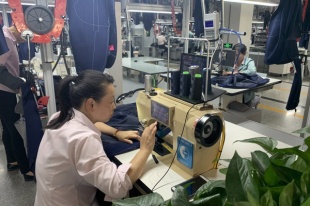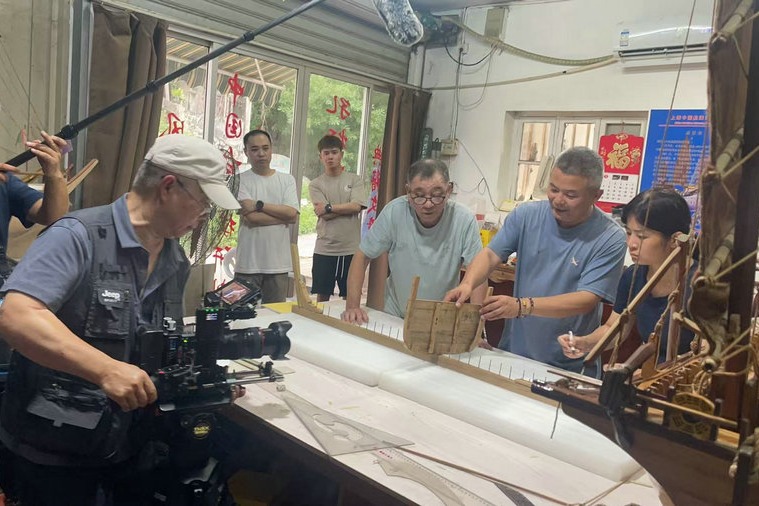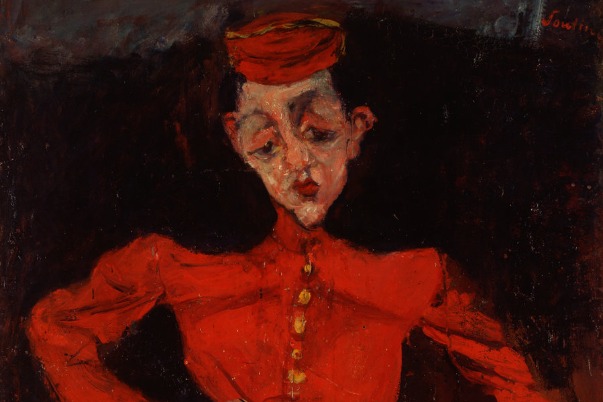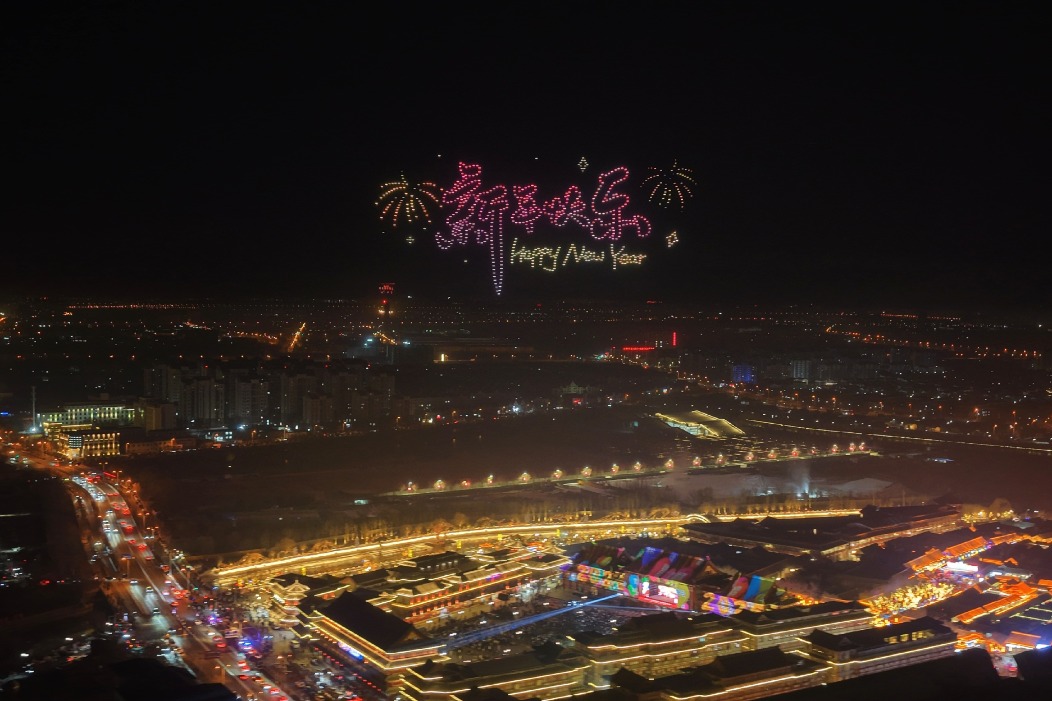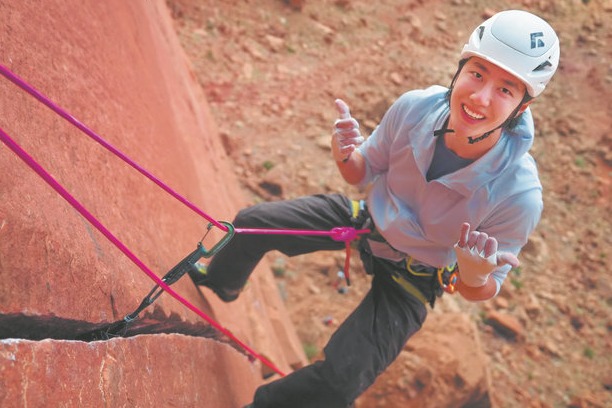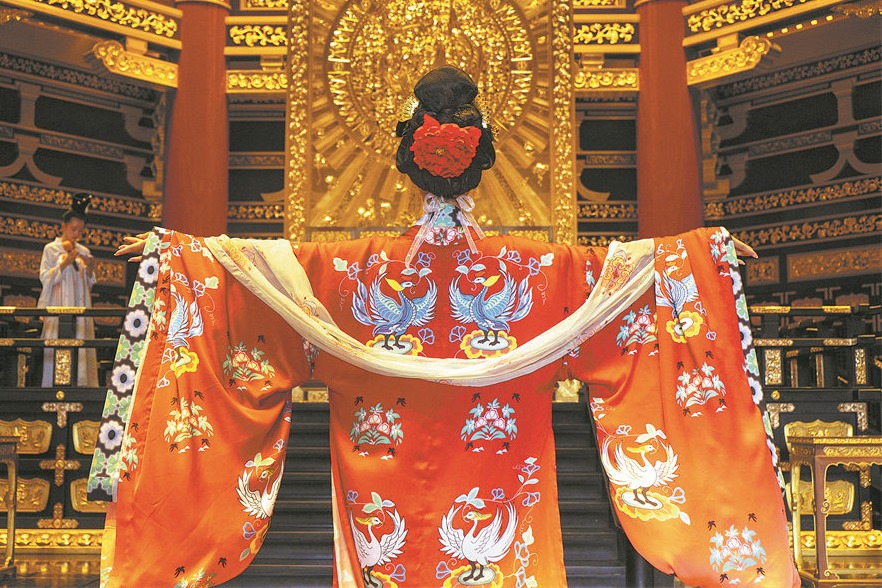Rag trade a rich seam for Ningbo

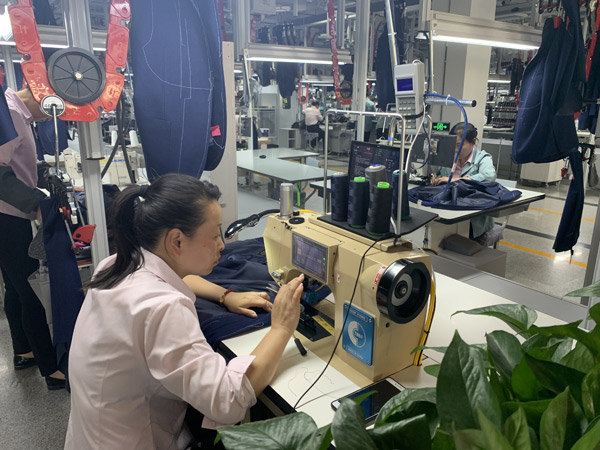
With a heritage dating back to the early 20th century, the city's garment sector is now benefiting from an industrial upgrade, Fang Aiqing reports.
Ningbo in East China's Zhejiang province has such a long dressmaking tradition that its tailors from the banks of the Fenghua River, known as hongbang ("red band"), have enjoyed enduring fame since the early 20th century.
The group initially gained recognition for making suits for foreigners before garnering acclaim for inventing the iconic Chinese tunic suit and setting up formal suit-making schools.
While some of the current generation of Ningbo's hongbang tailors have continued to specialize in customized suit-making, others have helped to turn Ningbo into one of China's main fashion cities through their integrity, innovation and entrepreneurship.
There are now over 16,000 textile and garment companies in Ningbo producing 1.5 billion items of clothing annually with a turnover of 110.8 billion yuan ($16.2 billion), according to Zhejiang Daily.
Government statistics show that 501 major enterprises contributed 13.9 billion yuan in added value in 2018, showing a growth of 5.2 percent year-on-year. The combined industrial output of these enterprises reached 55.1 billion yuan last year, an increase of 9.1 percent over 2017.
Fang Wei, deputy director of the economic and information technology committee of Ningbo, says the textile and garment sector accounts for 7.29 percent of the total industrial output of the entire city.
"Although the relative proportion (of garment companies) has gradually dropped, it's still a pillar industry," Fang says.
The garment sector has formed a complete industry chain, covering all sectors, according to Yang Jie, chairman of Ningbo Hixpo Conference and Exhibition Co Ltd and organizer of the annual Ningbo International Fashion Fair.
The sector, which started with menswear, has expanded to cover womenswear, children and outdoor clothing. Several local brands of womenswear have made their way to the New York and London fashion weeks.
Online sales of Ningbo brands have been rising for years, especially during the Nov 11 shopping festival, Yang says.
Ningbo's fashion industry has also become less labor-intensive, according to Fang.
To counter rising labor costs, many garment companies have shifted their factories to inland and border regions or to Southeast Asian countries.
The trend toward automated and intelligent production systems is also growing. The Youngor Group-a Ningbo-based top-500 Chinese private enterprise with a sales revenue of 87.9 billion yuan in 2018-has built a smart workshop that has increased its production efficiency by around 25 percent, according to chairman Li Rucheng.
The factory uses a system of suspended pipelines to automatically transport, distribute and match clothes made in different sections of the workshop.
Each of the 400 workers are guided by an interactive system that keeps track of every piece of fabric in the process and helps to optimize production efficiency, especially during peak orders.
The use of automated technology has shortened the time needed for cutting fabrics by one-third.
The firm has also been introducing industrial hemp fiber into its clothes and household textiles.


